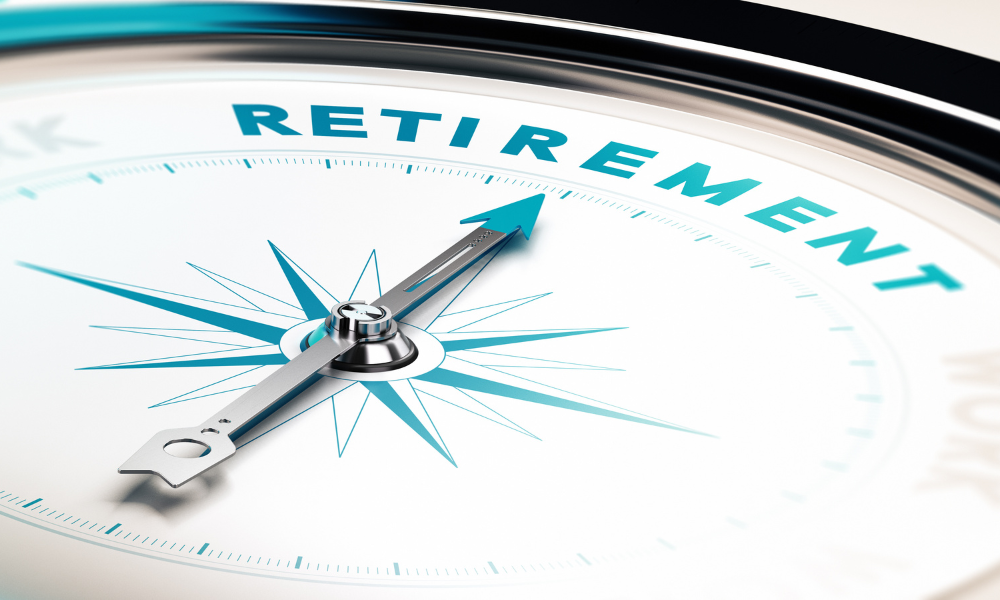Manulife's latest report shows almost half of Canadians retired earlier than planned, facing financial hurdles

Manulife has released the Manulife Financial Resilience and Longevity Report, drawing on data from its fourth annual survey of Canadian retirement plan members and a separate panel of Canadian retirees.
The report highlights ongoing financial challenges faced by workers, with Baby Boomers generally in a better financial position compared to Gen Xers and Millennials/Gen Z.
It also indicates that retiree experiences vary significantly, depending on whether they retired as planned or earlier than expected.
The report examines the need for improved financial resilience during working years to allow for better retirement savings.
According to Aimee DeCamillo, Global Head of Retirement at Manulife Investment Management, longer life expectancies require Canadians to plan for potentially decades of retirement.
She stated, “With life expectancy over 80, Canadians must now plan for how they'll live and fund two or even three decades of retirement.”
The report suggests that financial resilience, the ability to manage financial hurdles like debt and healthcare expenses, impacts a worker's target retirement age. Many workers struggle to build resilience and delay retirement savings.
According to the survey, nearly half (47 percent) of retirees retired earlier than expected, reducing their savings period, and extending retirement years.
Findings show personal finances remain strained. Despite improvements in the economy since Manulife's previous retirement survey in April 2023, 41 percent of workers described their finances as fair or poor, while only 19 percent rated them as very good or excellent.
Debt is a concern for more than half of respondents, while 32 percent worry about their emergency savings. Among generations, Gen Xers reported the poorest financial situations, with 44 percent describing their finances as poor or fair and 60 percent identifying debt as a problem.
Retirement preparation is lagging, with half of workers reporting they are behind on retirement savings. One in three workers does not know their retirement savings status, and 34 percent worry they will not have enough savings.
Only 33 percent of workers have completed a formal retirement plan, and 41 percent have a financial advisor. Baby Boomers are most likely to feel on track with their savings, but 42 percent say they are behind.
The report also found that workers with a financial advisor or formal retirement plan report better financial situations and retirement readiness.
77 percent of respondents with a comprehensive retirement plan felt financially secure, compared to 51 percent without such a plan. Similarly, 42 percent of workers with an advisor felt on track for retirement savings, compared to 33 percent without one.
The survey highlights that workers are interested in financial management support from employers, particularly access to advisors, but many are unwilling to pay for such services. In-person consultation was identified as the most valuable, with one in three respondents willing to pay for it.
Brett Marchand, senior vice president of Manulife Group Retirement, emphasized the importance of financial wellness programs in helping employees improve their savings outcomes.
Retirement is going well for most, but early retirement can create financial difficulties. While 56 percent of retirees are enjoying passions they couldn't pursue before, retirees who left the workforce earlier than planned face more financial challenges.
Nearly half (47 percent) of early retirees wished they had saved more and are making lifestyle changes to reduce costs. Preparedness, particularly having a formal plan and working with a financial professional, contributes to a more positive financial outlook for retirees.


